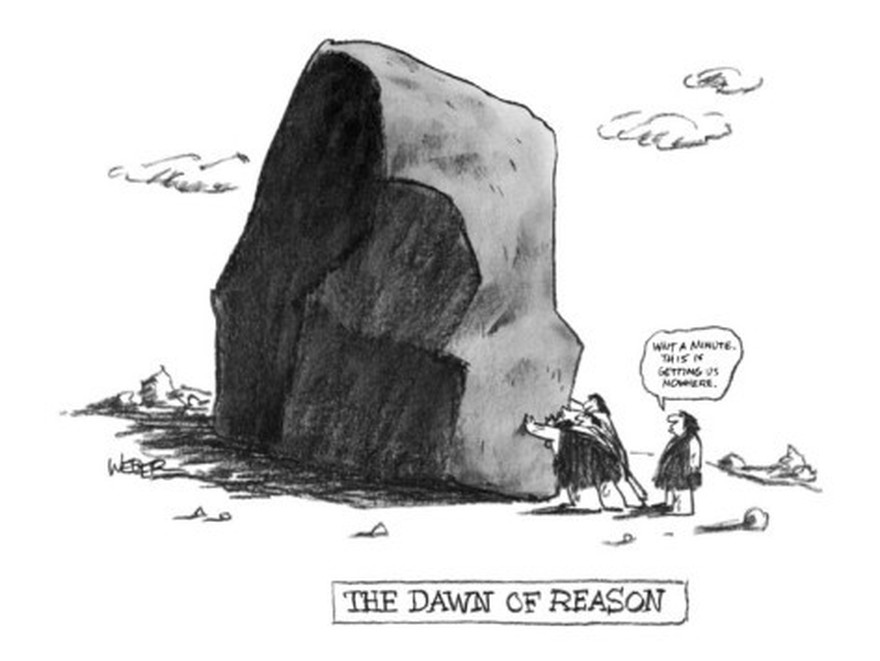As the relationship between science, reason, and religion continues to be a topic of philosophical inquiry, the Bahá’í teachings present a harmonious synthesis of these domains. This exploration prompts a provocative question: can the insights of contemporary science coexist without conflict within the realm of spiritual belief? By examining the coherent framework established by Bahá’í principles, one can glean a richer understanding of this trichotomy and its implications for human development.
At the crux of Bahá’í philosophy lies the assertion that science and religion are not merely parallel trajectories; they are fundamentally intertwined entities that enhance the human experience. This symbiotic relationship is predicated upon the understanding that both are avenues through which humanity can access truth. Bahá’u’lláh, the founder of the Bahá’í Faith, articulated this viewpoint explicitly when he proclaimed that religion must be in harmony with science; otherwise, it will lead its followers towards superstition and fanaticism.
The Bahá’í teachings advocate for a rational examination of religious tenets. This call for intellectual rigor does not diminish the profundity of spiritual beliefs but rather elevates them. The exploration of the natural world through scientific inquiry is viewed as a means of understanding the Creator’s design. The magnificent complexity of the universe serves not only as a testament to the existence of a higher power but also as an invitation for deeper contemplation upon the nature of existence itself.
A prevailing challenge in this discourse is the perception that reason and faith are at odds. How often do debates arise wherein one party claims that empirical evidence negates the validity of spiritual insight, while the other seeks refuge in dogmatism? The Bahá’í response to this dichotomy is innovative and profound. It posits that while science seeks to elucidate the mechanics of the universe, religion provides the moral and ethical frameworks necessary for the profound application of this knowledge. Together, they do not merely coexist but create a richer tapestry of understanding.
Science’s quest for knowledge involves regular experimentation, hypothesis, and revision—a fluid process reminiscent of the progressive revelations that characterize the Bahá’í Faith. The teachings of Bahá’u’lláh maintain that divine revelation is not static but evolves as humanity matures. This concept aligns seamlessly with scientific paradigms which acknowledge the provisional nature of knowledge. For Bahá’í practitioners, faith is not a hindrance to progress but a catalyst that propels individuals and societies forward.
Examining the practical implications of this philosophy reveals a framework for addressing contemporary social issues. Ethical dilemmas posed by advancements in technology—such as genetic engineering or artificial intelligence—demand a careful balance between scientific innovation and moral responsibility. The Bahá’í approach advocates for the application of moral discernment informed by spiritual principles, ensuring that technology serves humanity rather than undermines its very essence.
Furthermore, the teachings emphasize the importance of unity in diversity. The plurality of religious traditions across the globe provides a composite wisdom pool, one that can enrich scientific understanding. By drawing from the insights of multiple belief systems, a more comprehensive worldview emerges, one that acknowledges the richness of human experience. This perspective resonates profoundly in an increasingly interconnected world where interdisciplinary collaboration is paramount.
Indeed, Bahá’í teachings espouse that human advancement hinges upon the fusion of science, faith, and reason. The ebb and flow of historical paradigms depict a trajectory wherein societies flourish in periods of enlightenment characterized by a balance between intellectual rigor and spiritual depth. Conversely, eras marked by dogmatism or scientific cynicism often witness stagnation or regression.
This dual approach encourages a robust engagement with both disciplines. Scientifically literate individuals are called to appreciate the philosophical underpinnings of their inquiries, while those anchored in spiritual pursuits are encouraged to embrace reasoned discourse. This reciprocal relationship fosters a culture of inquiry that is inclusive and respectful, where differing viewpoints are not merely tolerated but appreciated as vital components of truth-seeking.
In contemplating the future, Bahá’í teachings propose a vision in which global harmony can be achieved through a collective commitment to science and religion. This aspiration is not merely theoretical; it requires the application of collaborative principles that transcend individual biases. A global society rooted in both rational inquiry and spiritual understanding has the potential to tackle pressing challenges efficiently, from climate change to social injustices.
However, this vision hinges on the willingness of individuals to engage in meaningful dialogues across disciplines. It invites a challenge: will humanity continue to allow divisions born of misunderstanding to dictate our interactions? Or will society embrace the Bahá’í perspective, which champions the interdependence of scientific inquiry and religious belief as a pathway towards unity?
In summary, the Bahá’í teachings affirm that the confluence of science, reason, and religion is not only achievable but essential for holistic human advancement. By fostering an environment where open inquiry and conscientious adaptability prevail, societies can surmount obstacles that threaten our shared existence. In doing so, the potential of humanity can be truly realized—a synthesis of knowledge and faith illuminating the path towards a harmonious ever-evolving world.
